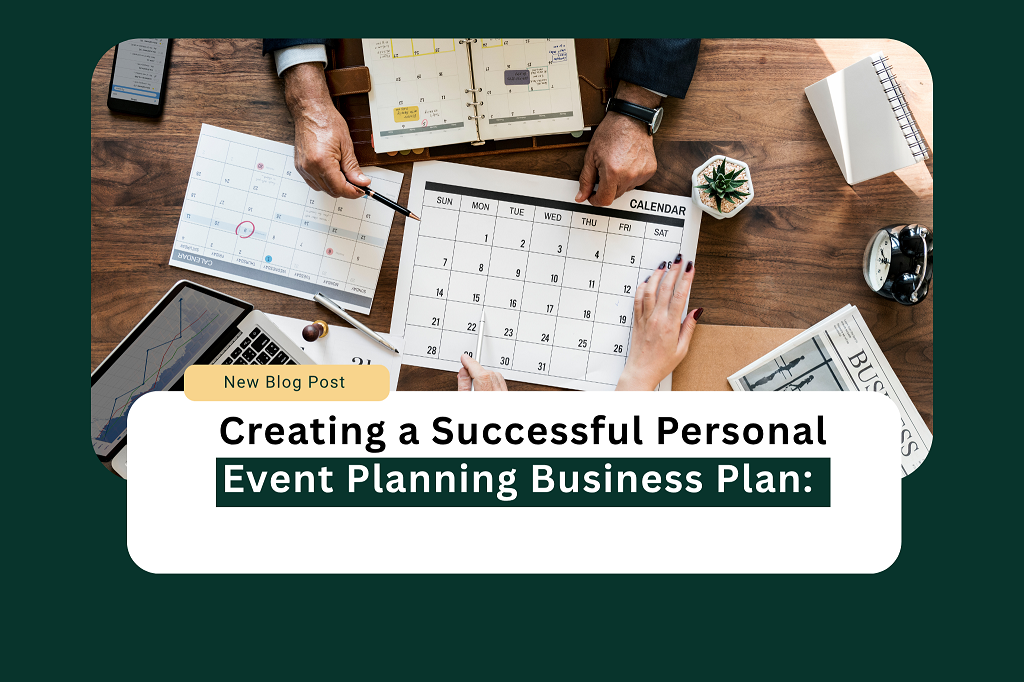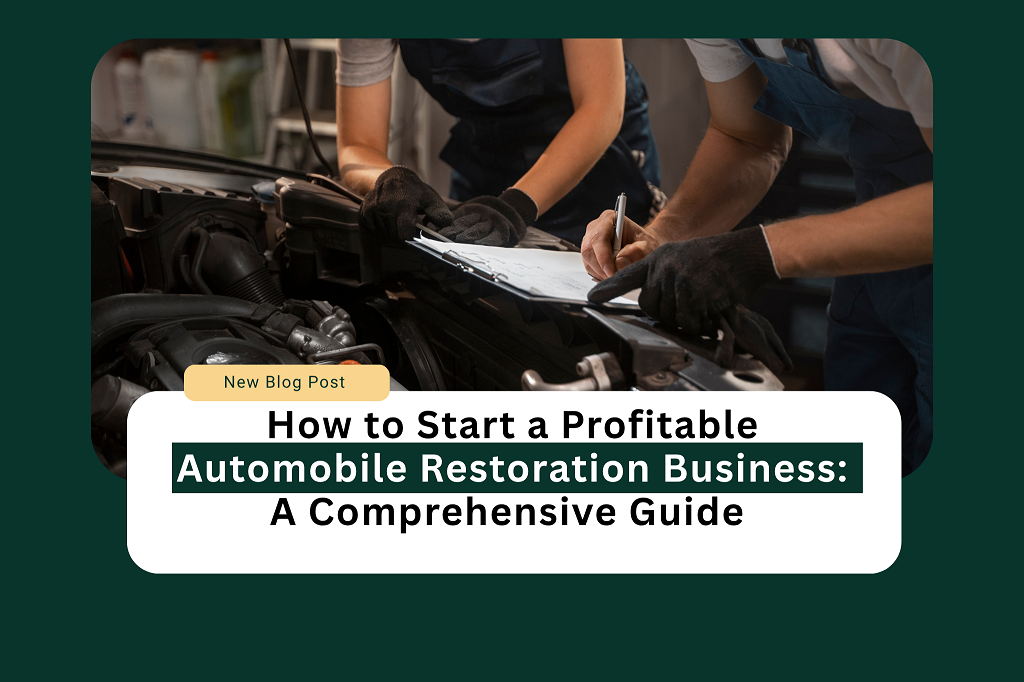Introduction
For those with creative and organizational skills, running a personal event planning business offers a profitable opportunity. Labor Statistics data shows the event planning sector will expand at an 18% rate between 2028 and 2028 while maintaining faster growth. From the company setup to the occupational sectors, this all-inclusive personal event planning business plan will help you navigate the process.
Understanding Event Management
The personal events industry continues to exhibit impressive growth, with IBISWorld reporting the U.S. event planning market will reach $3.2 billion in 2023. This expansion is underpinned by strong consumer spending, as households allocate between $15,000 and $35,000 annually for special occasions, including weddings, milestone birthdays, graduations, and anniversaries.
The sector’s growth is fueled by an increasing preference for professionally managed events, as consumers recognize the value of expert guidance in navigating vendor relationships and complex logistics. Following the pandemic, the industry has experienced a significant uptick in demand as people eagerly resume celebrating previously postponed events. This renewed enthusiasm, coupled with rising disposable incomes and a growing preference for experiential spending, has contributed to the market’s robust performance.
Demographic factors also play a crucial role in sustaining this growth trajectory. Millennials are entering their prime celebration years, while baby boomers continue to host significant retirement and anniversary events. Event planners are adapting to evolving client preferences by incorporating innovative technology, sustainable practices, and customized experiences, ensuring the industry remains relevant and continues to meet contemporary expectations for memorable celebrations.
Define Your Event Plan
Defining your event planning services requires strategic consideration to maximize profitability and market position. According to the Events Industry Council, specialized event planners focusing on specific celebration types command 25% higher profit margins compared to general event planners, highlighting the value of niche expertise. This specialization allows planners to develop deep industry connections, streamline operations, and command premium pricing for their focused expertise.
When selecting your service offerings, evaluate your background, skills, and passion areas to identify celebration types where you can deliver exceptional value. Whether it’s luxury weddings, corporate milestone events, or intimate family celebrations, your chosen niche should align with both your capabilities and market demand in your region.
Your service definition should outline comprehensive packages that address varying client needs and budgets. Consider offering tiered service levels, from full-service planning to day-of coordination, ensuring you can capture different market segments while maintaining profitability. This structured approach to service definition helps establish clear expectations with clients and positions your business effectively in the competitive event planning landscape.
Financial Planning and Pricing Strategy
The financial aspects of your personal event planning business require a complete understanding for creating an effective business plan. Event planning businesses operating successfully according to International Live Events Association industry data achieve profit margins that fall between 15% and 25%. Your event planning business startup expenses should amount to between $5,000 and $25,000, depending on your business structure and physical location. The startup costs require necessary equipment together with promotional materials and official business identification expenses.
Marketing and Brand Development
Your marketing plan functions as a primary driver of business achievement during the digital period. Event planners who both run social media accounts and maintain professional websites from Wedding Wire’s business survey report getting 40% more leads compared to those who depend only on word-of-mouth marketing. In your personal event planning business plan, you must develop complete digital marketing strategies.
Client Management Systems
The success of any operation depends on effective client management systems. Event Manager Blog shows that planning professionals who use professional event management software cut their administrative time to 15 hours per event. Better service delivery combined with increased client capacity becomes possible through this efficient system.
Vendor Relationships and Networking
Your personal event planning business plan requires you to establish powerful connections with vendors. According to the Professional Convention Management Association planners who maintain established vendor relationships to achieve 20% better price discounts for their clients, which drives client satisfaction and referral activity higher.
Risk Management and Insurance
Your business plan requires complete risk management coverage. Event planners encounter special obstacles, so they need appropriate insurance protection. The Event Service Professionals Association states event planners should obtain general liability insurance together with professional liability coverage and event cancellation insurance.
Technology Integration
Event planning in modern times demands technological expertise from planners. Event planners who integrate planning tools and apps into their operations achieve client satisfaction rates that are 30 percent higher than those without these systems. Your business plan for personal event planning should explain the technology you will use to improve client communication and service delivery.
Staffing and Growth Strategy
Your business expansion will require you to think about employee requirements. Event planners, according to industry standards, should handle 10 to 15 planned events each year. Your business plan should include strategies for growth, which include staff hiring timelines together with training procedures.
Financial Projections and Goals
Your personal event planning business must present comprehensive financial projections. The Event Planning Industry Association shows that event planning businesses need 12 to 18 months to reach a break-even point. Your goals must be realistic because they should reflect the findings of market research and local competitive analysis.
Conclusion
A business plan that properly outlines personal event planning operations remains fundamental for achieving success among contemporary competitors. A successful event planning business can be built through strategic attention to all guidelines in this guide while tracking industry trends. Always check and adjust your business plan whenever your company develops new directions.
Your knowledge and observations in event planning are highly important to us. Please leave your comments below and share this article with others interested in entering this dynamic industry. Your insights help build a stronger community of service-oriented entrepreneurs.
FAQs
What amount of capital does one need to initiate an event planning company?
Event planning businesses need between $5,000 and $25,000 for their initial startup expenses. A new event planning business requires essential equipment such as software and communication tools combined with marketing materials, business registration fees, insurance, and initial operating funds for the first few months.
Event planners should consider obtaining which certifications?
The Certified Meeting Professional (CMP) and Certified Special Events Professional (CSEP) certifications serve to improve professional credibility, although they are not essential requirements. Professional certification through examination demands experience while requiring payment between $500 and $1,500.
What profit margin does an event management business earn?
Event planning businesses that succeed regularly produce profits that range from 15% to 25% of their total revenue. Event planners receive payment through flat fees and percentages of the total event budget, although their standard rate for full-service planning falls between 15% and 20%.
A planner can manage how many events at the same time?
Event planners who work full-time handle between 10 and 15 yearly events when providing full-service planning and day-of coordination services involving up to 25 to 30 events per year. Event complexity, together with available support staff, mines the number of events a planner can manage.
How long does it take to establish a profitable event-planning business?
Most event planning businesses achieve profitability within 12-18 months of operation. Building a strong reputation and client base through successful events is key to reaching this milestone.
Read More : https://theacechronicle.com/starting-electrical-contractor-business-comprehensive-guide/








